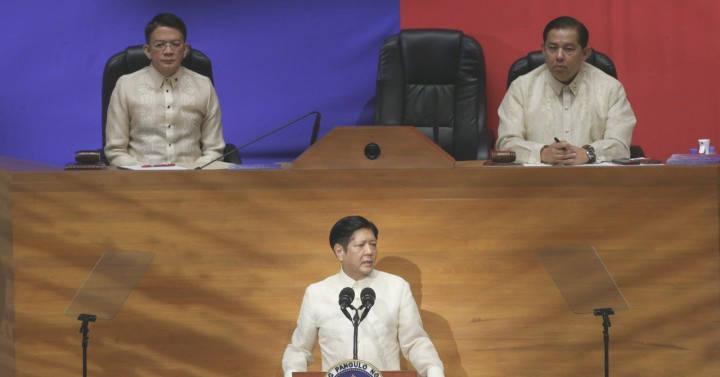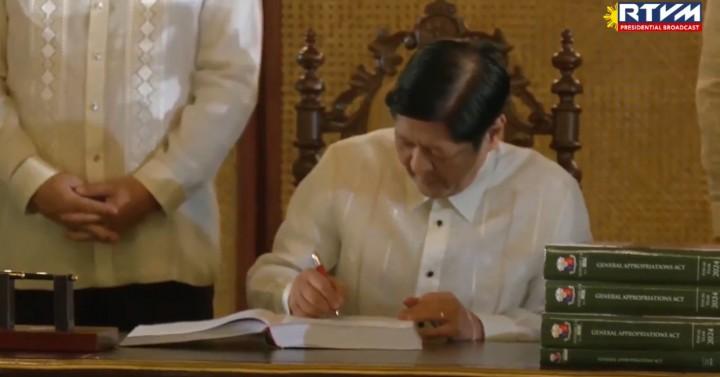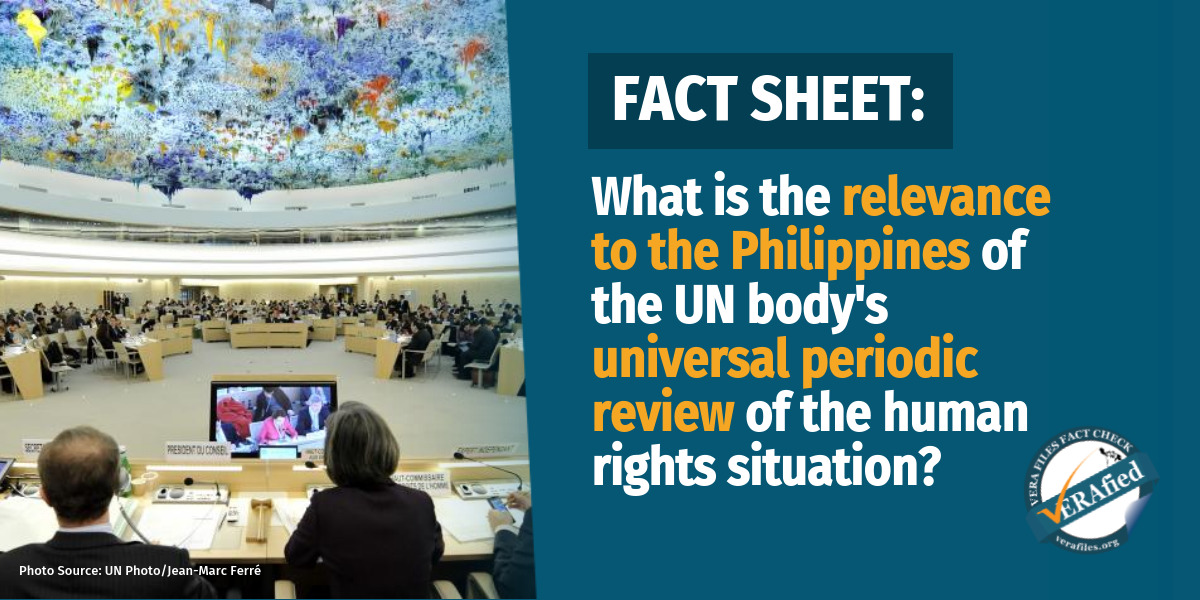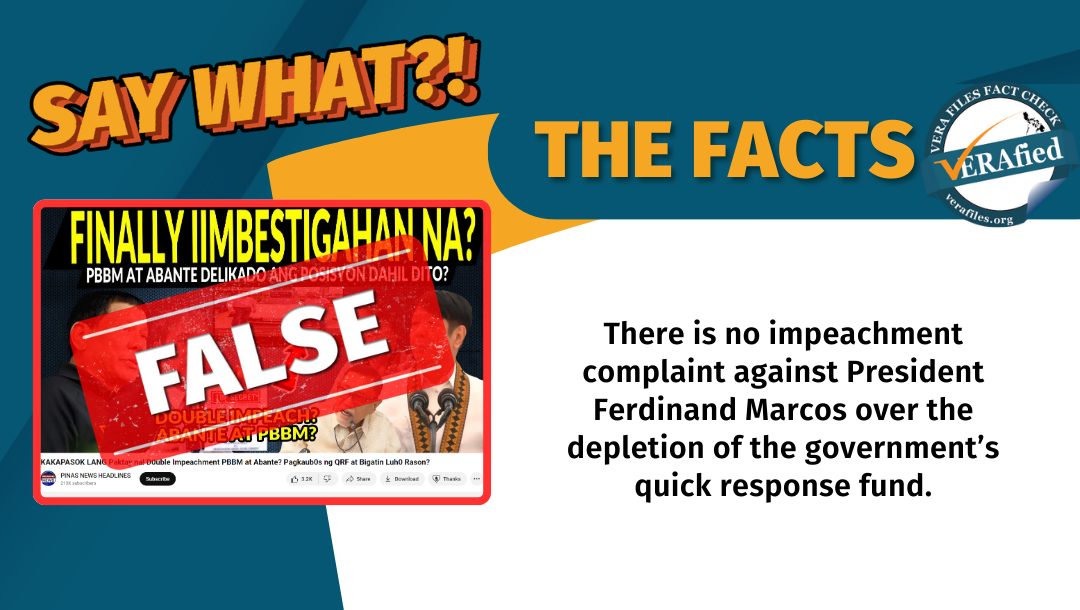Given the questionable practices involved in the crafting of the P6.33 trillion national budget for 2025, President Ferdinand Marcos Jr. should no longer pay lip service to judicious spending by supporting the call for an open bicam when the 20th Congress takes up the proposed P6.79 trillion outlay for 2026.
Today’s state of the nation address presents a good opportunity for the chief executive to spell out genuine budget reforms to make sure that every peso is spent for meaningful and effective programs and services, not in pursuit of political interest.
It is not too late to heed the persistent and mounting clamor to open to public scrutiny the bicameral conference committee deliberations on the annual budget, which will be a radical departure from the practice of leaving last-minute changes in the expenditure program to a small group of senators and congressmen meeting behind closed doors.
Reports about a staggering P142.72 billion insertions attributed to Senate President Francis Escudero and House Speaker Martin Romualdez’s P39 billion Ayuda sa Kapos ang Kita Program in the 2025 budget should give the president a compelling reason to ask Congress to “moderate their greed,” a phrase popularized in 2008 by whistleblower Rodolfo “Jun” Lozada Jr. referring to a huge commission that led to an overprice in the botched $329-million national broadband deal with China’s ZTE Corp.
Shrugging off criticisms and adversarial reports on apparent abuses in budget-making as part of the political noise does not help to relieve the people’s daily struggle coping with rising prices and deteriorating public services.
With billions of pesos in taxpayers’ money appropriated each year for flood management programs, thousands of Filipino families still live in flooded communities, and classes and office work are often suspended due to widespread flooding.
Where did the P1.47 trillion funding for flood control and mitigation programs from 2011 to 2025 go? Tinangay ng baha?
Marcos has been talking about prudent spending of the national budget since 2022. But it’s all rhetoric; it’s all talk. We have yet to see a genuine commitment to the principle of wise spending. What we’ve been hearing are about abuses in allocating the budget, prioritizing the politicians’ pork barrel while relegating to the backburners the more important projects such as infrastructures needed to boost agricultural production and ease market access.
Speaker Romualdez has long been echoing the president’s avowed policy of prudent spending, declaring in 2023 that “with utmost diligence,” the House of Representatives “will ensure that every centavo” of the proposed P5.77 trillion budget that time “will be judiciously spent.”
Romualdez made a similar vow in August 2022 when the House received Malacañang’s proposed national government budget of P5.27 trillion for 2023. He then assured that “every centavo of the national budget will be spent wisely to implement programs that would save lives, protect communities, and make the economy strong and more agile.”
If Romualdez still entertains the thought of running for president in 2028, he should put his foot where his mouth is. He should take sincere actions in pushing an open bicam and other budget reforms to make sure that indeed every single centavo of the budget is spent for the public good.
We should not forget how Romualdez and his allies used the 2025 budget as a reelection tool with provisions for “ayuda” in various sizes and shapes described by critics as one of the most corrupt in Philippine history.
In the first three years of the Marcos presidency, cuts made by Congress in the annual budget program surpassed the P1-trillion mark, mostly from strategic transport, infrastructure and agri-based investments, and shifted to graft-prone projects like flood control, drainage systems and other local projects.
According to former budget secretary Florencio “Butch” Abad, the unprecedented huge cuts and diversions in the national government spending program not only defied the norm in budget making but also circumvented the 2013 Supreme Court resolution declaring the Priority Development Assistance Fund, or the congressional pork barrel, unconstitutional.
University of the Philippines professor Cielo Magno, a finance undersecretary during the early months of the Marcos administration, described the revised spending plan as “pro-politician,” as it prioritized allocations that will benefit the legislators, most of whom were campaigning for last May’s midterm elections.
While the Marcos administration has repeatedly declared a policy to give priority to education and health, the Congress-ratified spending program drastically cut the education budget by P12 billion and deleted the P74-billion subsidy to the Philippine Health Insurance Corp. On the other hand, it gave an additional P289 billion to the Department of Public Works and Highways, P18 billion to the House and P1.10 billion to the Senate, all without substantial justification. The Office of the President’s P10.51-billion budget request was also increased by P5.4 billion. What hypocrisy!
Considering the brazen prioritization for “ayuda” over high-impact infrastructure projects and social services in the 2025 budget, Magno and other experts in budgeting and finance have been advocating for budget reforms, including the opening of the deliberations of the bicam, as a transparency measure to ensure that taxpayers’ money are spent wisely and eliminate surprise changes in the itemized appropriations.
The views in this column are those of the author and do not necessarily reflect the views of VERA Files.
This column also appeared in The Manila Times.






